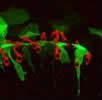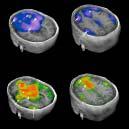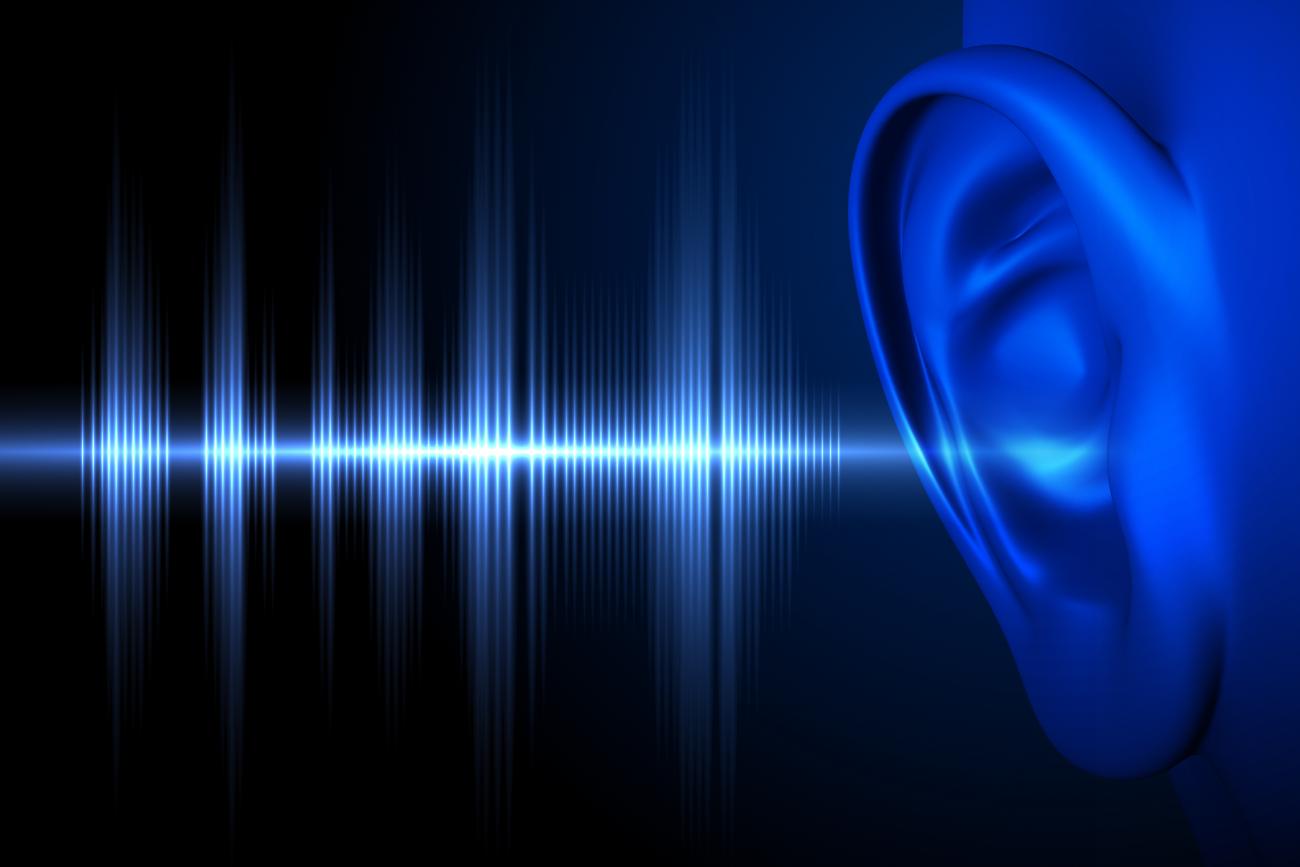




The University of Maryland (UM) And the Division of Intramural Research of the National Institute on Deafness and Other Communication Disorders (NIDCD) have an innovative collaboration for training graduate students and postdoctoral fellows. This exceptional research and training partnership focuses on hearing and communication. An unparalleled breadth of experimental approaches (including molecular, developmental, physiological, systems and computational) and diverse research species (including insects, fishes, reptiles, birds and mammals) are utilized by the combined faculties of the two institutions to ask a wide variety of scientific questions ranging from the molecular to the systems level. Indeed, the joint program between UM and NIDCD offers predoctoral and postdoctoral trainees a unique research and training environment that is available nowhere else in the world.
An unparalleled breadth of experimental approaches are utilized by the combined faculties of the two institutions to ask a wide variety of scientific questions
Predoctoral and postdoctoral trainees not only have the opportunity to work in individual laboratories of their mentors, but they are also encouraged to collaborate between laboratories on both campuses and to extend their individual research Programs in unique ways that fit their own interests.
Doctoral degrees for all students working with our NIDCD and/or UM faculty are conferred by UMD generally in NACS, the Neuroscience and Cognitive Science Program, although students with special career goals can elect to do their doctoral research in one of the UM departments that have faculty participating in this joint program. However, all aspects of the program are flexible collaborations between these two superb institutions. Students are free to arrange research projects and/or training among the breadth of our faculty. Full financial support is available to all full-time students in the program. Interested students are encouraged to contact faculty members whose research interests them and then to apply to the doctoral program at UM for admissions. Applications are reviewed by the joint faculties of UM and NIDCD in early January. Qualified applicants are invited to visit both institutions and are promptly notified of acceptance and financial support.


